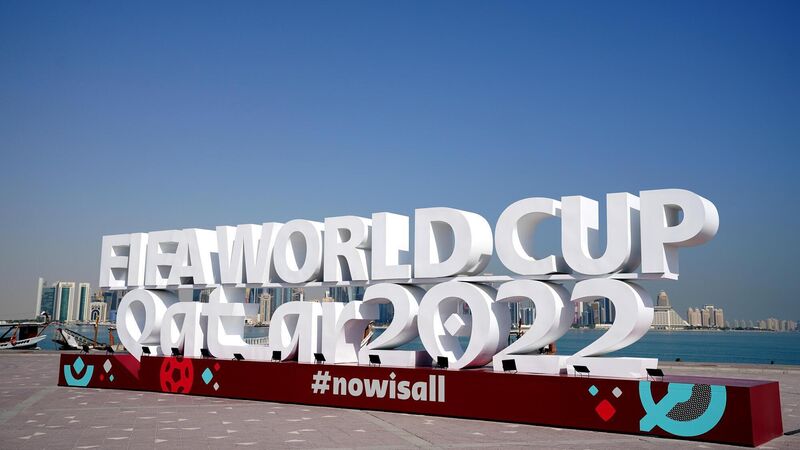Tommy Martin: A bit of that golden trophy remains untarnished even after all the filth

CONTROVERSIAL HOST: The Doha Corniche, ahead of the FIFA World Cup 2022 in Qatar.
was the BBC’s South American football correspondent Tim Vickery who called the World Cup ‘the United Nations for the common man.’ Maybe that’s why the Qatar tournament feels like such an affront, above and beyond the horrors that have been done in its name.
If football is anything beyond a simple pastime, it is an expression of the popular soul. It’s what 19th-century British industrial workers decided to do when granted the concession of leisure time. In their millions they played it, watched it, found unity and identity in it. It spread like wildfire around the world, brought by British merchants to distant ports, eyed warily by local onlookers, then adopted and cherished by the working poor in places a world away from the factory towns from whence it came.















